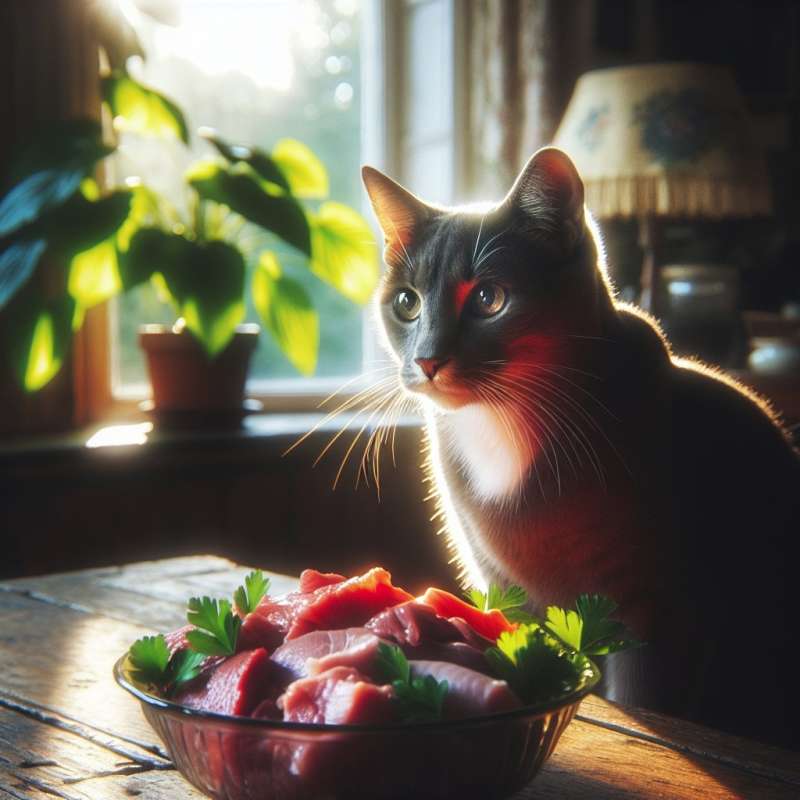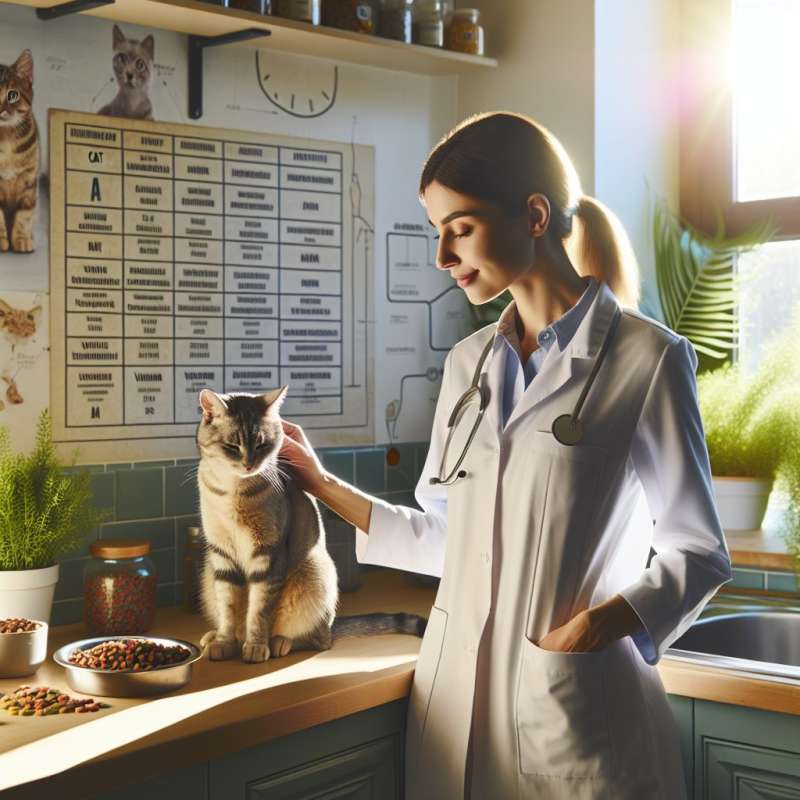
Understanding Feline Diet
Cats are obligate carnivores, requiring a diet rich in animal protein. Unlike omnivores, cats have specific nutritional needs that can't be met with plant-based proteins alone.
Protein: A Vital Nutrient
Protein supports immune function, muscle maintenance, and a healthy coat. Cats metabolize protein for energy and lack some enzymes to efficiently process carbohydrates.
Fats and Feline Health
Fats provide energy, aid in nutrient absorption, and improve taste. Omega-3 and omega-6 fatty acids are crucial for cognitive function, vision, and reducing inflammation.
Amino Acids: Taurine
Taurine, an essential amino acid for cats, isn't synthesized naturally. Deficiency can lead to blindness and heart issues. It's found exclusively in animal tissues.
Hydration is Key
Cats have a low thirst drive and depend on moisture from their food. Lack of hydration can lead to urinary tract diseases. Wet food or fresh water sources are vital.
Vitamin Requirements
Unlike humans, cats need a dietary source of Vitamin A, as they can't convert it from beta-carotene. They also require niacin, which they cannot produce from amino acids.
Dangerous Foods for Cats
Many human foods are toxic to cats, including onions, garlic, chocolate, and grapes. Even small amounts can cause severe health issues. Always consult a vet before diet changes.
What type of carnivores are cats?
Facultative carnivores
Obligate carnivores
Herbivores
Company